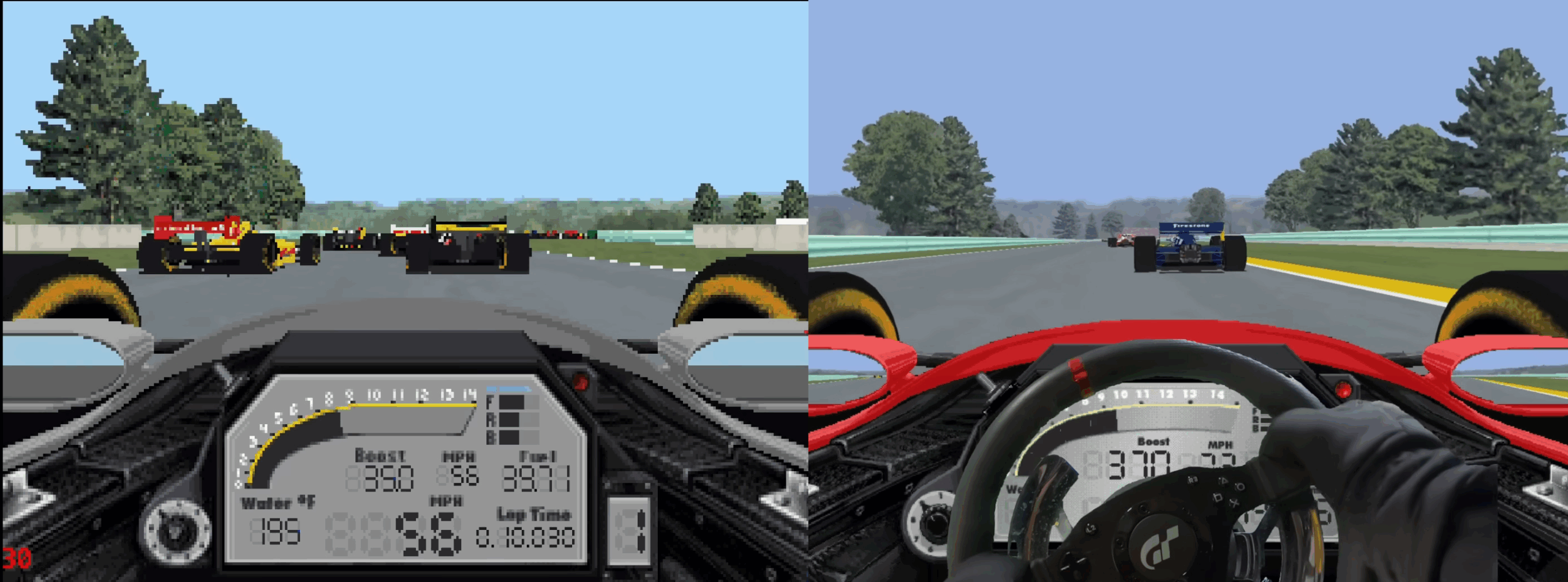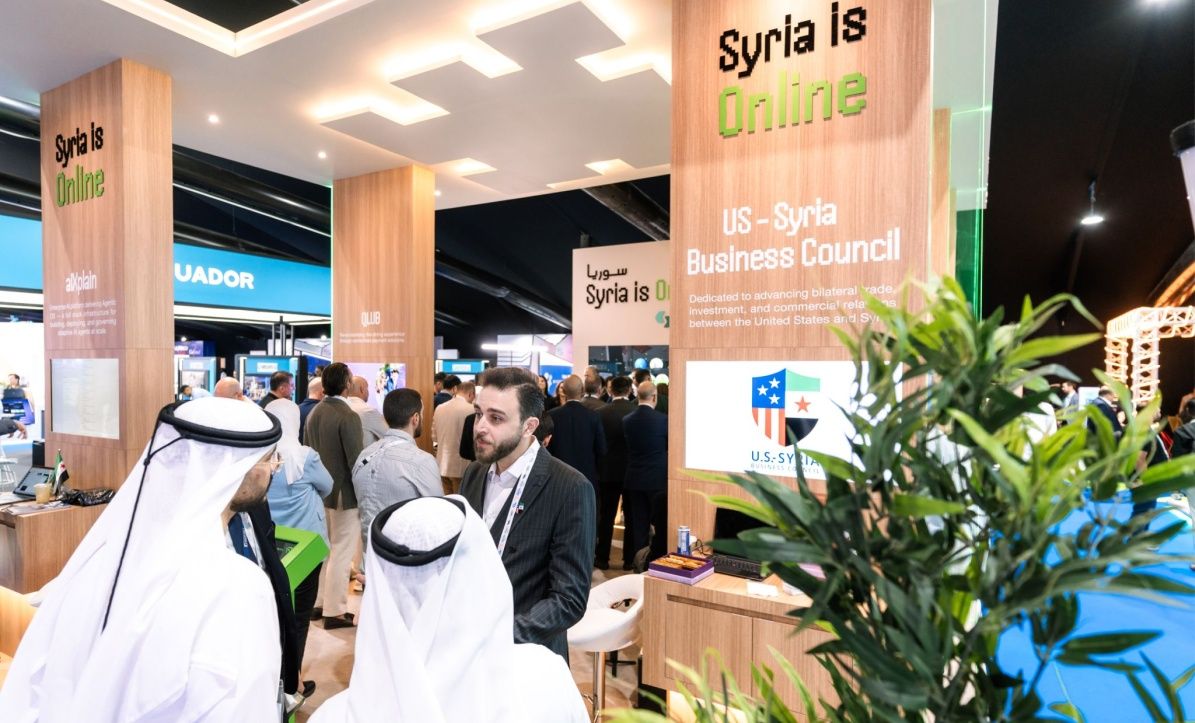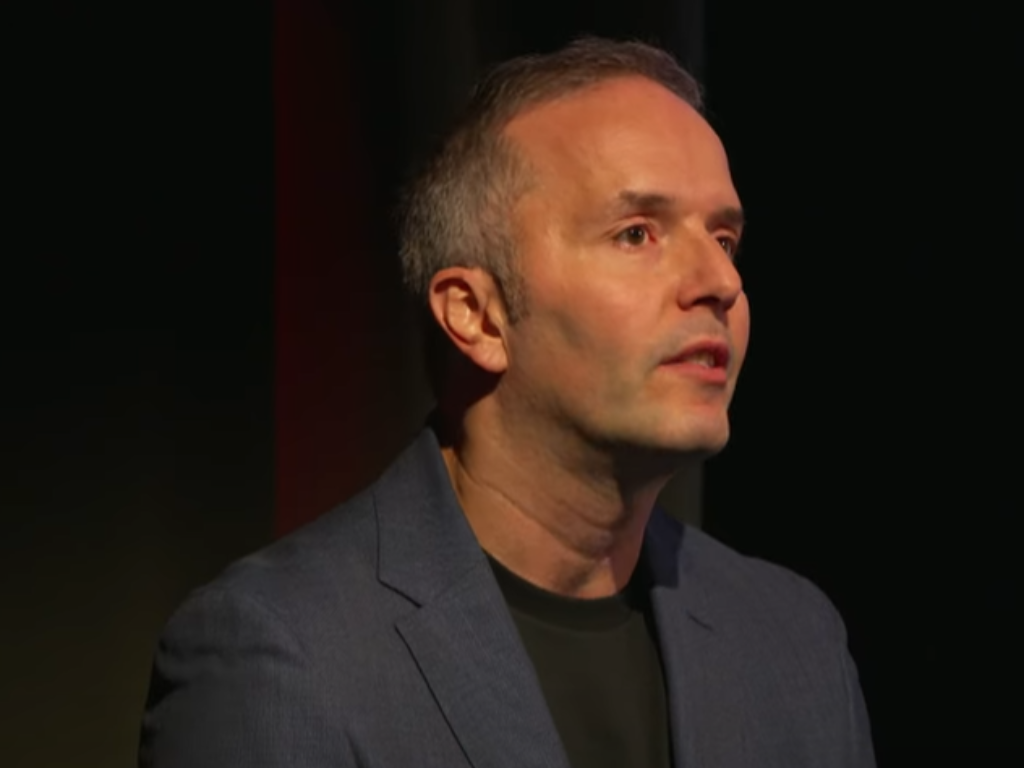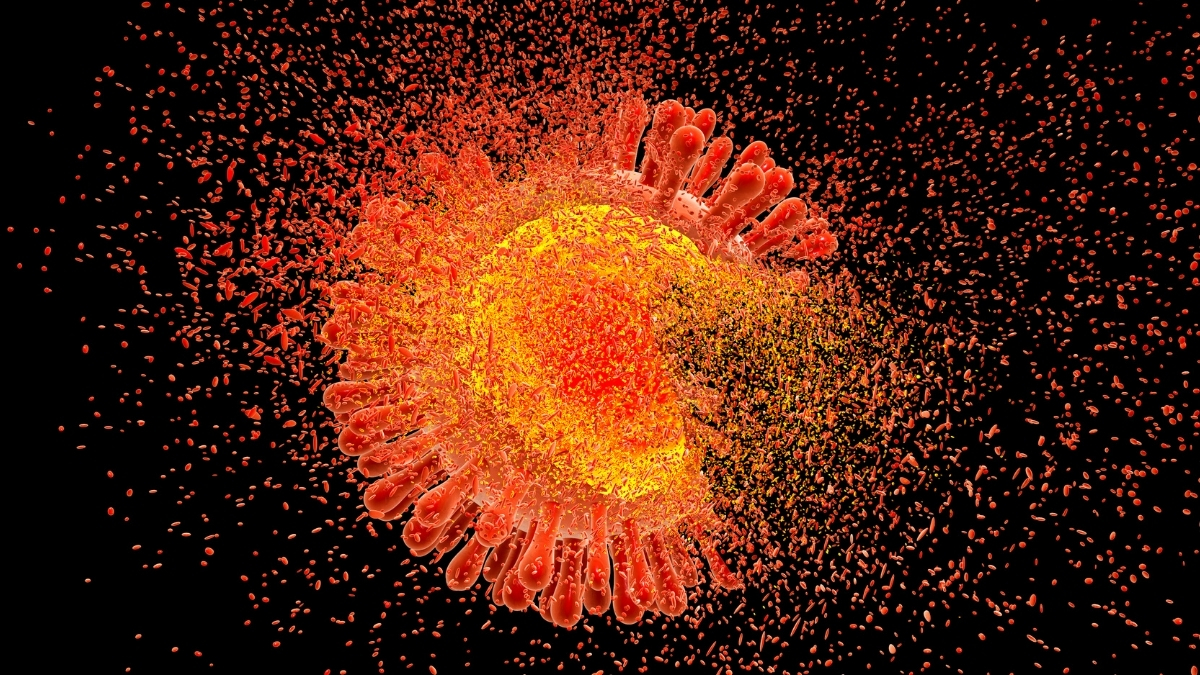What does it take for a luxury handbag to be lauded as a classic? While a timeless design and versatile silhouette to transcend trends are essential, buyers also look for high-quality craftsmanship and the finest materials. Then there’s the…
Blog
-

‘Task’ finale: How the show’s creator and costars see troubled fathers
Brad Ingelsby knew after the breakout success of HBO’s “Mare of Easttown” — a crime drama about a police detective (Kate Winslet) investigating the murder of a teenage girl in a fictional working-class town — he didn’t want his next…
Continue Reading
-

Japanese researchers developed drug that could help people grow new teeth, with conditions
Claim:
Japanese researchers have developed a drug that could help people grow new teeth.
Rating:
Rating: True
Context:
There are specific conditions that need to be met for the drug to regrow teeth — it might not spontaneously grow new teeth in just…
Continue Reading
-

Game Of Theseus Gets Graphics Upgrade, Force Feedback 30 Years On
Indycar Racing 2 was a good game, back in 1995; in some ways, it was the Crysis of the Clinton years, in that most mortals could not run it to its full potential when it was new. Still, that potential was surely fairly limited, as…
Continue Reading
-

MENA’s innovation map expands as Syria debuts, Palestine rises at GITEX 2025
At this year’s GITEX Global, the region’s largest technology exhibition, the spotlight quietly shifted to two pavilions that told a different kind of story. At Expand North Star, the startup-focused arm of GITEX held at Dubai Harbour, Syria made its first-ever appearance, and Palestinian founders drew a surge of investor interest.
The event, which ran for four days and brought together thousands of startups and more than a thousand investors, has become the region’s ultimate deal-making arena, a space where “let’s meet” often turns into “let’s sign.” Amid the bustle of global pitches and product launches, Syria’s debut and Palestine’s growing presence stood out as signals of resilience, recovery, and quiet ambition.
Syria is back on centre stage
Conversations were lively inside the Syrian pavilion. Entrepreneurs who had spent years abroad were meeting international investors face to face, many for the first time. The pavilion was hosted by SYNC, a California-based, volunteer-led non-profit founded by members of the Syrian tech diaspora to help rebuild the country’s innovation ecosystem.
“Our goal is to mobilise Syrian tech talent in the diaspora and connect them with opportunities back home,” said Firas Khalifeh, SYNC’s co-founder, speaking to Wamda. “We want to create 25,000 tech jobs in Syria within five years and start reversing the brain drain that has hollowed out our workforce.”
Two Syrian founders—Rahaf Aldruby and Seem Alkabbani—offered a glimpse of that ambition when their edtech startup TarKeys won an $8,000 grant from TiE Dubai after pitching at Expand North Star. Their success symbolised a new chapter for Syrian entrepreneurship: talent that had survived years of turmoil now competing on the global stage.
A country rebuilding from zero
Following the fall of Bashar al-Assad’s regime in December 2024, Syria has entered an uncertain but potentially transformative phase. Almost every sector—infrastructure, finance, education, and healthcare— requires rebuilding. With roughly 40 percent of sanctions lifted and the rest expected to ease by year’s end, the government and private sector see a window to re-enter global markets.
“It’s a big risk, I know, for investors to deploy their funds in Syria,” Khalifeh said. “But first movers will benefit from the potential of a hungry market like ours. The time is now to use this opportunity.”
At GITEX, Syria’s Minister of Communications and Information Technology, Abdulsalam Haykal, met with entrepreneurs and outlined a plan to restore digital infrastructure. “Connectivity and electricity come first,” he said, emphasising that his ministry is working with the Ministry of Finance on new legislation to govern venture capital activity and launch incubators and accelerators for early-stage startups. His presence was more than symbolic; it underscored that Syria’s tech revival now has political backing.
Why Syria’s comeback matters to MENA
When Syria was cut off from the region’s tech revolution a decade ago, the MENA ecosystem lost scale, talent, and balance.
Before the war, Syrian universities produced a steady stream of engineers, developers, and designers. Many ended up in GCC economies or Europe, and when the conflict began, the flow became one-way. The region lost a mid-cost, high-skilled labour corridor that could have bridged the gap between North Africa’s affordability and the Gulf’s capital intensity.
Syria’s exit also fractured digital supply chains across the Levant. Companies were forced to reroute their logistics and connectivity around the missing link between Iraq, Jordan, Lebanon, and Turkey. A domestic market of 22 million consumers, once a potential testing ground for fintech and e-commerce, effectively vanished. And while Syrian professionals thrived abroad, their experience rarely flowed back into the regional pipeline.
Now, with sanctions easing and the economy reopening, MENA stands to regain that lost piece. Syria’s reintegration could create a new reservoir of affordable, skilled talent, particularly in software, AI, and remote engineering, fields that Gulf and Levant firms struggle to fill.
Its electronics base and low operating costs could make it a new node for light manufacturing and deep-tech assembly—what Khalifeh calls “China of the Levant”. Projects like SilkLink, a proposed high-speed internet corridor linking Asia to Europe through Syria, could strengthen regional connectivity and reduce data costs.
For investors, Syria’s re-entry expands the region’s consumer and entrepreneurial map, adding a digitally literate market with strong remittance inflows and diaspora purchasing power. Jordanian, Lebanese, and Saudi VCs are already eyeing early-stage opportunities, betting on high risk but potentially high reward.
Palestine: building through adversity
Across the exhibition hall, the Palestinian delegation delivered one of the event’s most emotional and determined performances. It was the third consecutive year for Palestinian entrepreneurs at GITEX, this time supported by European partners, Bank of Palestine, and private firms such as Profarco.
Rateb Rabie, CEO of Intersect, has attended several editions of the event. “I don’t know how to tell you what the benefit of joining GITEX this year is,” he said with a laugh. “Many investors passed today — Lebanese, international, and several UAE funds. We ran an extensive outreach campaign on social media, and our startups joined panels to introduce themselves. The feedback has been positive, maybe still lip service, but it’s a start.”
By the third day, activity had surged. Seven to eight startups were continuously giving interviews, and several were featured in Expand North Star’s publicity. Foot traffic increased as visitors moved between three Palestinian pavilions. In total, 33 Palestinian startups showcased products spanning agritech, AI, SaaS, and creative industries.
“These are thirty-three stars,” Rabie said proudly. “Thirty-three Palestinians, in a circle.”
The symbolism is profound. These founders are pitching for capital and visibility while their homeland faces one of the deadliest conflicts in modern history. By early October 2025, independent monitors estimated that more than 67,000 Palestinians had been killed and nearly 169,000 injured in Gaza. Infrastructure is devastated, yet Palestinian entrepreneurs continue to show up, not out of denial, but defiance.
Dubai’s role as a regional bridge
For both delegations, Dubai offered more than visibility. The city’s regulatory clarity, investor depth, and geographic neutrality make it a natural meeting point for governments, diaspora leaders, and global corporates. Expand North Star was designed for exactly this—dense investor traffic, fast deal cycles, and a platform to integrate newcomers into the regional startup circuit.
The presence of Syria and Palestine this year added substance to what can often feel like a marketplace of trends. Syria brought the optimism of reconstruction and reintegration; Palestine brought courage under fire. Both reminded investors that innovation often comes from the margins, where necessity breeds the strongest ideas.
The bottom line
MENA’s startup story has often been told through the Gulf’s capital and North Africa’s scale. The return of Syria and the persistence of Palestine add missing dimensions: engineering depth, creative grit, and human resilience.
If investors are serious about long-term regional diversification, this is where the next wave begins, in countries rebuilding their foundations and rewriting their narratives through technology. The opportunity is clear. The challenge, as always, is who dares to move first.
Continue Reading
-

Sesame Workshop CEO: PBS cuts not ‘existential threat’
Defenders of public media funding have long invoked the specter of cuts coming for Sesame Street’s cuddly monsters — but now that the Trump administration has slashed funding for the Corporation for Public Broadcasting, the chief of the…
Continue Reading
-

Mediterranean-style diets improve pelvic floor function and sexual health, review finds
A major review shows that what we eat may significantly influence pelvic floor outcomes, offering new hope for improving sexual function and incontinence through dietary intervention rather than solely physical therapy or…
Continue Reading
-

Assassin’s Creed ex-boss claims his exit wasn’t voluntary as claimed: “Ubisoft asked me to step aside”
Longtime executive producer and franchise boss for Ubisoft’s Assassin’s Creed franchise, Marc-Alexis Cote, has publicly come forward and clarified that his recent exit from the company was, in fact, involuntary, countering initial…
Continue Reading
-

HIV’s Cunning Strategy For Hiding in Our Body Finally Revealed : ScienceAlert
HIV is infamous for its ability to hide in the human body for decades, typically requiring long-term treatment to prevent a rebound from dormancy.
In a new study, researchers shed light on where and how HIV lurks in these latent reservoirs, a…
Continue Reading

